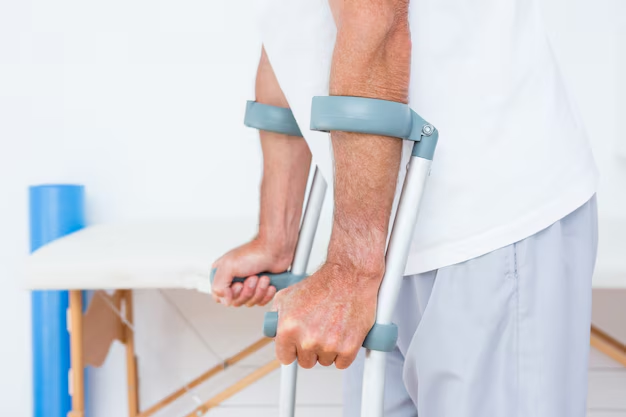Your Guide to How Do You Die From Osteoporosis
What You Get:
Free Guide
Free, helpful information about Osteoporosis FAQ and related How Do You Die From Osteoporosis topics.
Helpful Information
Get clear and easy-to-understand details about How Do You Die From Osteoporosis topics and resources.
Personalized Offers
Answer a few optional questions to receive offers or information related to Osteoporosis FAQ. The survey is optional and not required to access your free guide.
Understanding How Osteoporosis Can Be Fatal: What You Need to Know
While osteoporosis is often viewed as a chronic, manageable condition, it can unfortunately have life-threatening consequences. Osteoporosis, characterized by weakened bones, doesn’t directly cause death. Instead, it increases the risk of fractures, particularly in the hip, spine, and wrist. These fractures can lead to severe complications that can be fatal, especially in older adults.
Why Osteoporosis Is Dangerous:
Osteoporosis silently weakens bones over time, often without symptoms until a fracture occurs. The hip fracture is among the most serious, as it can lead to decreased mobility and independence. Hospitalization and surgery to repair a hip fracture carry risks of complications such as infections, blood clots, and pneumonia. In fact, about 20% of seniors who suffer a hip fracture die within a year, not directly from the fracture itself, but from these associated complications.
Impact on Overall Health:
The immobility resulting from fractures can cause further health deterioration. Lack of movement contributes to muscle weakness, increasing the risk of additional falls and fractures. Long periods of bed rest can lead to pressure ulcers, blood clots, and an increased risk of cardiovascular issues. As such, osteoporosis creates a vicious cycle of declining health, which can ultimately be life-threatening.
Financial Implications:
Apart from the physical and emotional toll, osteoporotic fractures can be financially devastating. Healthcare and rehabilitation costs can run high, stressing personal or family finances. Fortunately, there are government aid programs and financial assistance options available to help mitigate these costs.
Government and Financial Support Options:
Medicare and Medicaid:
These programs cover a significant portion of healthcare costs related to osteoporosis, including certain medications and rehabilitation expenses.Supplemental Security Income (SSI):
SSI provides financial assistance for those with limited income and resources, helping to cover living expenses.Disability Benefits:
If osteoporosis significantly impacts your ability to work, you might be eligible for Social Security Disability Insurance (SSDI), offering monthly income support.Non-Profit and Community Aid:
Various non-profit organizations provide support and resources for those struggling with the financial burden of osteoporosis management.State Assistance Programs:
These can vary widely, so consulting with a local social worker or healthcare provider might reveal lesser-known options tailored to your needs.
As osteoporosis poses not only a health risk but also a financial challenge, it’s crucial to explore all available resources. Understanding and utilizing these support systems can significantly ease the burden, allowing patients and families to focus on improving health outcomes and quality of life.
Table of Financial Assistance and Support Options:
- 📋 Medicare/Medicaid: Coverage for medications and rehabilitation.
- 💵 SSI (Supplemental Security Income): Aid for those with limited resources.
- 💊 SSDI (Social Security Disability Insurance): Income for those unable to work.
- 🤝 Non-Profit Support: Financial and emotional support resources.
- 📌 State Assistance Programs: State-specific aid for osteoporosis care.
Taking proactive steps by integrating medical care with financial supports can mitigate osteoporosis risks and improve overall well-being. Understanding how to navigate these systems can make a significant difference in managing life with osteoporosis.
What You Get:
Free Osteoporosis FAQ Guide
Free, helpful information about How Do You Die From Osteoporosis and related resources.

Helpful Information
Get clear, easy-to-understand details about How Do You Die From Osteoporosis topics.

Optional Personalized Offers
Answer a few optional questions to see offers or information related to Osteoporosis FAQ. Participation is not required to get your free guide.


Discover More
- a Nurse Is Caring For a Client Who Has Osteoporosis.
- a Percutaneous Is Performed To Treat Osteoporosis Related Compression Fractures
- Can Alcohol Cause Osteoporosis
- Can I Do Pilates If I Have Osteoporosis
- Can I Reverse Osteoporosis
- Can Men Get Osteoporosis
- Can Osteoporosis Affect Teeth
- Can Osteoporosis Be Cured
- Can Osteoporosis Be Painful
- Can Osteoporosis Be Reversed
